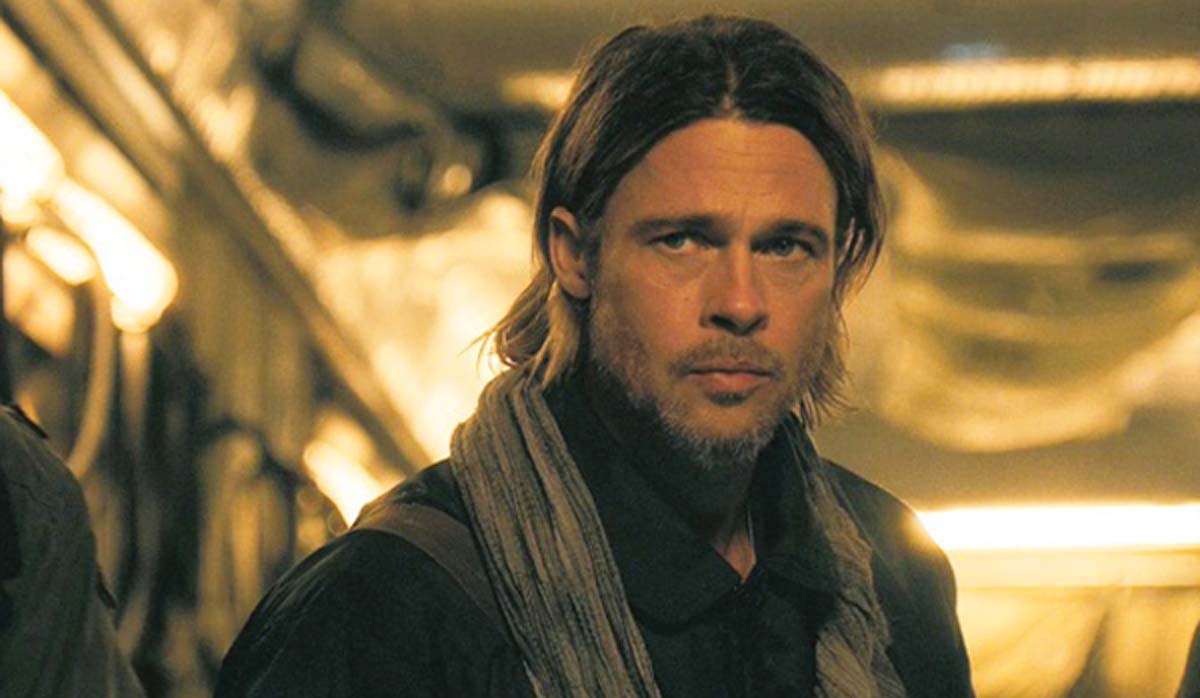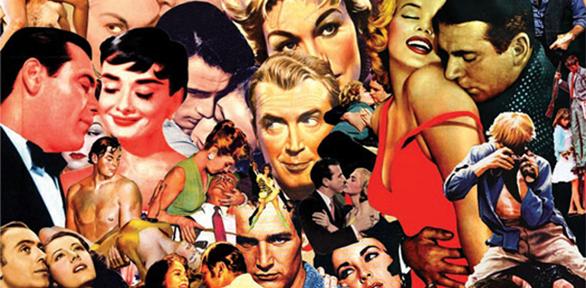THE CONJURING
 Thursday, June 27, 2013 at 9:40AM
Thursday, June 27, 2013 at 9:40AM Stars: Vera Farmiga, Patrick Wilson, Ron Livingstone, Lili Taylor, Joey King, Mackenzie Foy, Hayley McFarland, Shanley Caswell, Sterling Jerins, Shannon Kook and Steve Coulter.
Writers: Chad Hayes and Carey Hayes.
Director: James Wan
Rating: 3/5

The authenticity afforded any work under the ‘based on a true story’ banner is stretched to near breaking point in the name of old-school horror entertainment in The Conjuring. Bolstered by committed star turns from talent rarely attracted to this sort of malarkey, Australian-trained director James Wan (Saw; Insidious) continues to exhibit growth as a filmmaker with a keen eye for genre scares; if he can hone his ear to weeding out tinny dialogue, he will likely make a great film one day.
Working from a script by twins Chad and Carey Hayes (adapting from the House of Darkness House of Light trilogy of books), Wan eases us into the early 1970s world of self-proclaimed demonologist Ed Warren (Patrick Wilson) and his trance medium wife, Lorraine (Vera Farmiga). Glimpses into their home and work life share the film’s first act with the story of Roger (Ron Livingstone) and Carolyn Perron (Lili Taylor), a blue collar couple who, with their four daughters, have moved into a large home in rural Harrisville, Rhode Island.
From the very first night, strange phenomena (entirely familiar to fans of the haunted house genre) begin to impact the family – foul odours, bumps in the night, broken trinkets. The degree of intrusion escalates - Carolyn develops bruises; the girls are tormented as they sleep; the family dog suffers the fate of most animal co-stars in films like this. When finally summoned to the house, the Warrens sense it is less a haunting than, more worryingly, a case of demonic possession.
Wan is clearly an aficionado of this horror subset, with many nods to films such as Poltergeist, The Exorcist and The Amityville Horror (which the Warren’s worked on in real life and is referenced in the final moments). He slow-burns the early sequences to chilly effect, creating several solid scares and crafting a blanketing menace that holds the attention throughout, even as the third act events spin from the incredible to the implausible. The 1970 setting proves particularly inspiring for production designer Julie Berghoff and art director Geoffrey S Grimsman, whose artistry creates a type of neo-Gothic mansion in modern-day east USA.
Unfortunately, creaking almost as loudly as the home’s doors and floorboards is the dialogue. The Hayes brothers have some high-concept/low-IQ works to their names, namely House of Wax, the Hilary Swank bomb The Reaping and the little-seen Kate Beckinsale non-starter Whiteout. None boast of cracking wordplay and The Conjuring almost unravels under the weight of some B-movie howlers; that Wilson and Farmiga play Ed and Lorraine with such earnestness both shows up the writing flaws yet elevates the material beyond its inherent worth. Wan’s skill with pacing and veteran DOP John R Leonetti’s rich widescreen lensing also help push leaden passages of blah conversation into the background.
Some unexplored opportunities are left on the table. Both Lorraine and Carolyn experience maternal angst as the unknown takes hold (thematically reminiscent of the 2011 Katie Holmes film, Don’t Be Afraid of the Dark), though Farmiga and Taylor share little meaningful screen time together. The four Perron girls, richly observed and wonderfully played in the film’s first half, all but disappear as the investigation takes centre stage, only called upon to shriek a lot as the demonic force manifests.
Regardless of its shortcomings, Wan has crafted an effectively creepy work that honours both the work of Lorraine and the Ed Warren (he passed in 2006) and the dark legacy left by the tales of hauntings since storytelling began.









